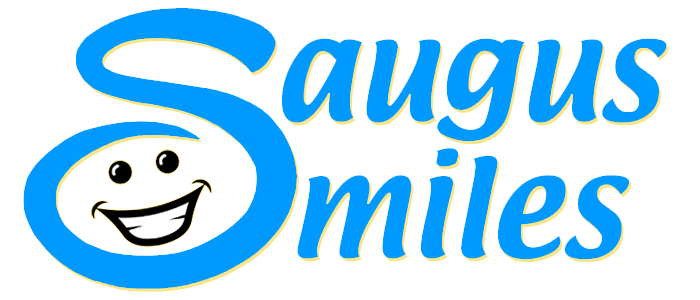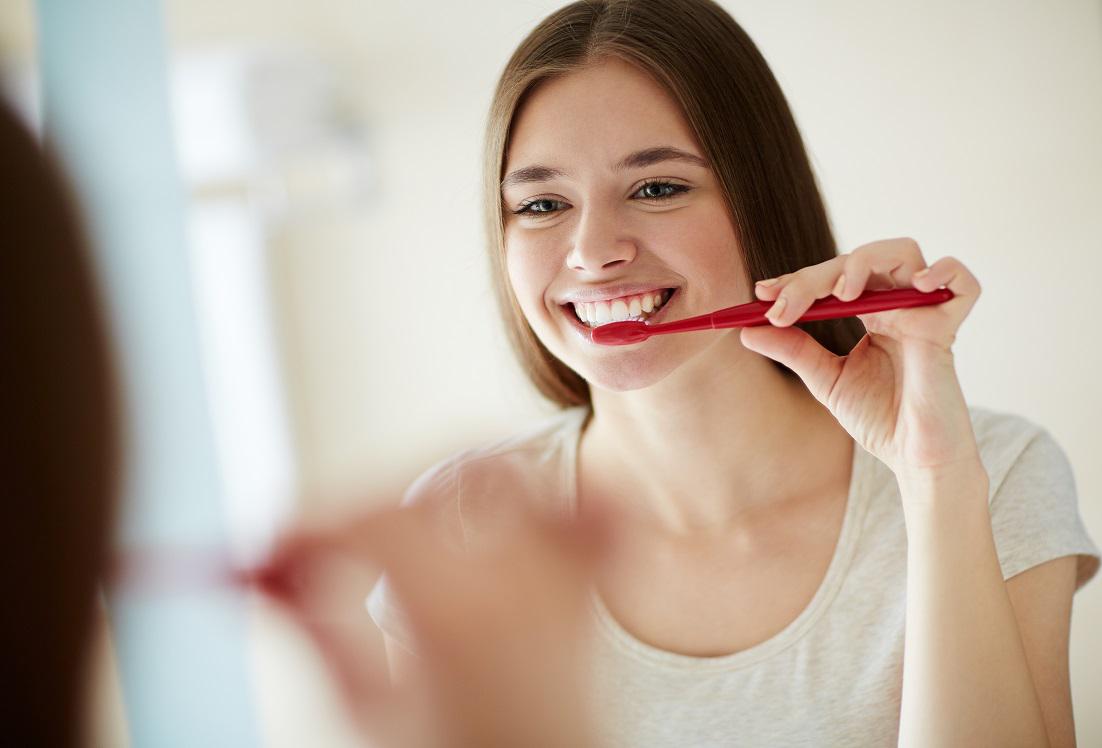Maintaining good oral hygiene is a cornerstone of overall health, and a crucial aspect of this routine is proper tooth brushing. While it may seem like a straightforward task, brushing your teeth effectively involves more than just scrubbing away food particles.
Learn about the importance of proper tooth brushing here from our trusted dental team. Then, we provide step-by-step instructions to help you master this essential aspect of oral care.
The Importance of Proper Tooth Brushing
Preventing Tooth Decay
Proper tooth brushing is the first line of defense against tooth decay. When you brush your teeth regularly and effectively, you remove the plaque that can lead to cavities and gum disease. This simple daily practice can save you from the pain and discomfort associated with dental issues.
Gum Health
Brushing your teeth properly not only keeps your pearly whites in top shape but also promotes healthy gums. The gentle massaging action of the toothbrush stimulates blood flow to the gum tissues, reducing the risk of gum disease and ensuring your overall oral health.
Fresh Breath
Bad breath, or halitosis, often stems from the accumulation of bacteria in the mouth. By brushing your teeth properly, you eliminate the bacteria responsible for unpleasant odors, keeping your breath fresh and your confidence high.
Preventing Stains
Regular brushing helps prevent the buildup of stains on your teeth, especially if you enjoy foods and beverages known to discolor enamel. By maintaining a consistent brushing routine, you can preserve the natural whiteness of your teeth and reduce the need for whitening treatments.
Step-by-Step Guide to Proper Tooth Brushing
1. Choose the Right Toothbrush
Start by selecting a toothbrush with soft bristles. A soft-bristled brush is gentle on your gums and enamel while effectively removing plaque and debris. Consider the size of the brush head as well; it should comfortably reach all areas of your mouth.
2. Use an Effective Toothpaste
Opt for a fluoride toothpaste, as fluoride helps strengthen tooth enamel and prevents cavities. The amount of toothpaste should be pea-sized. Using too much can be abrasive and might lead to enamel erosion over time.
3. Establish the Right Technique
To maintain healthy teeth and gums, it's important to brush your teeth twice a day. When brushing, hold your toothbrush at a 45-degree angle to your gums and make sure the bristles touch both your teeth and gums. Instead of using aggressive scrubbing, use gentle, circular or back-and-forth motions to avoid damaging your enamel and gums.
4. Brush for an Adequate Duration
Brush your teeth for a minimum of two minutes. Set a timer or use an electric toothbrush with a built-in timer to ensure you dedicate enough time to thoroughly clean all surfaces of your teeth. Pay equal attention to the front, back, and chewing surfaces.
5. Clean Your Tongue
Don't neglect your tongue! Bacteria can accumulate on the surface of your tongue, contributing to bad breath. Use a tongue scraper or the back of your toothbrush to gently clean your tongue from back to front.
6. Floss Regularly
While not directly related to tooth brushing, flossing is an integral part of oral hygiene. It is the only wayt to clean plaque and food particles from between your teeth and along the gumline, areas your toothbrush may not reach effectively.
7. Rinse Thoroughly
After brushing and flossing, rinse your mouth with water or mouthwash to get rid of any remaining food particles and leave your mouth feeling fresh.
8. Replace Your Toothbrush Regularly
Toothbrushes lose their effectiveness over time. This is why you should replace your toothbrush or toothbrush head every three to four months, or even sooner if you notice its bristles appear worn out. An old toothbrush won't be able to clean your teeth as efficiently, which can lead to the buildup of harmful bacteria and plaque. So, make sure to keep an eye on your toothbrush's condition and replace it regularly to ensure optimal oral health.
Tips for Enhancing Your Tooth Brushing Routine
Use an Electric Toothbrush
Electric toothbrushes can be more effective than manual ones, especially for those with dexterity issues. The oscillating or rotating motion of electric brushes can provide a more thorough clean in less time.
Brush Twice a Day
Establish a routine of brushing your teeth at least twice a day – once in the morning and once before bed. Consistency is key to maintaining optimal oral health.
Be Mindful of Pressure
Brushing harder doesn't necessarily mean better cleaning. Applying excessive pressure can lead to gum recession and enamel erosion. Instead, focus on using gentle yet thorough brushing motions.
Visit Your Dentist Regularly
Even with an impeccable brushing routine, professional dental cleanings are essential. Regular dental check-ups can catch potential issues early and ensure your oral health is in top condition.
Contact Us Today
Proper tooth brushing is a foundational element of good oral hygiene. By following the steps outlined in this guide, you can elevate your tooth brushing routine to an effective and beneficial practice. Remember, a little time and attention to detail in your daily oral care can go a long way in preserving your smile and promoting overall oral health. So, grab your toothbrush, master the art of proper brushing, and let your radiant smile be a testament to your commitment to a healthy mouth.
For personalized oral hygiene tips, call us to schedule your initial consultation!


